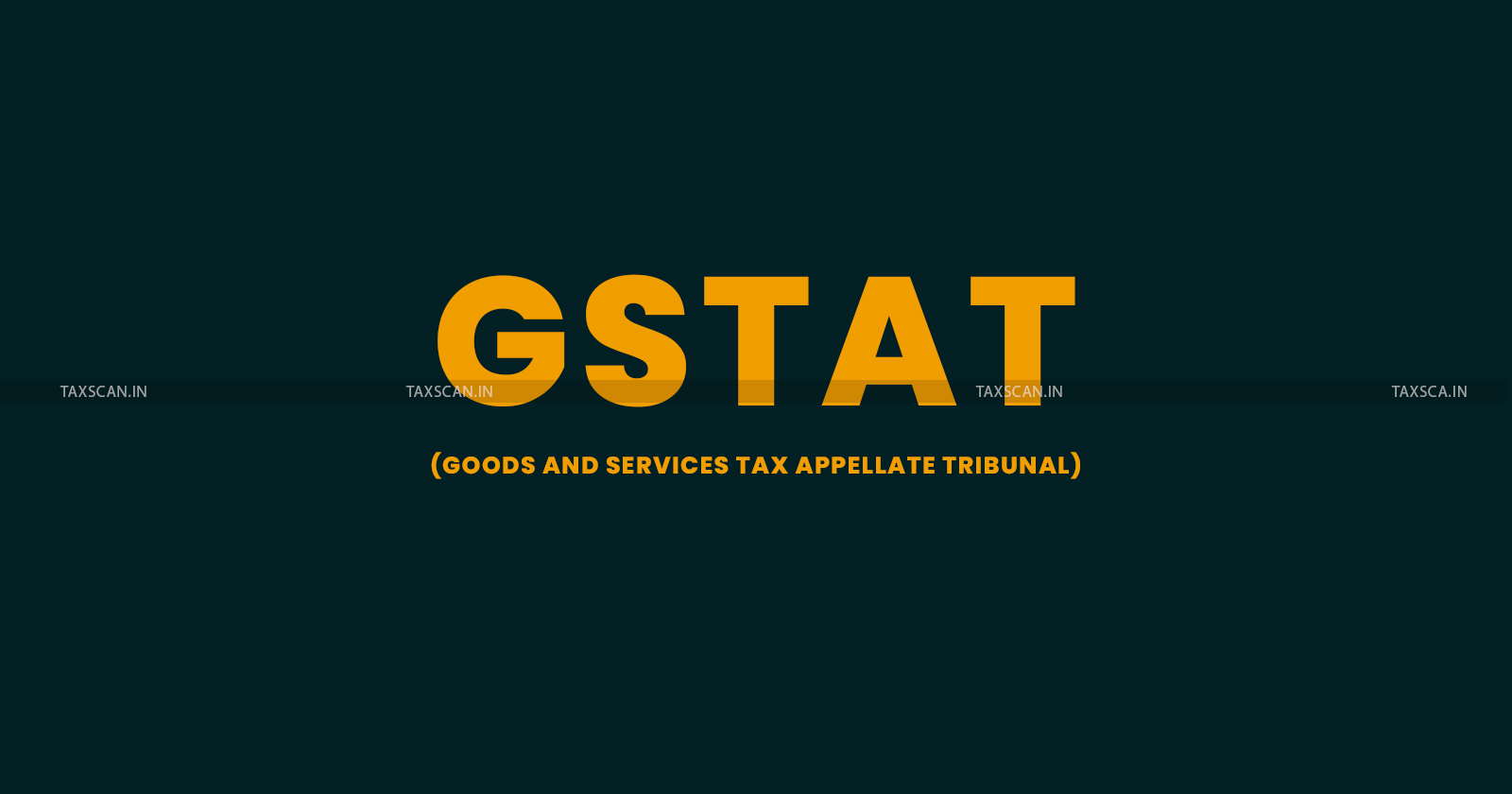No GSTAT? Here’s Why Other States Should Follow Kerala's Directive on GSTAT Appeals
The guidelines from the Kerala GST Dept directs submission of a declaration of proposed appeals before the GST Appellate Tribunal (GSTAT) to stay revenue recovery proceedings

In recent developments, the Kerala Goods and Services Tax ( GST ) Department has issued a directive that could significantly impact taxpayers aggrieved by decisions of the First Appellate Authority.
Understanding “Kerala Model” Directive to Ease Taxpayer Burden
The directive from the Kerala GST Department addresses a common concern among taxpayers who have faced challenges when appealing decisions before the First Appellate Authority. It addresses complaints where the Department initiated the recovery process even though the taxpayer intended to file an appeal with the Appellate Tribunal. This situation had led to confusion and delays in the appellate process, affecting the rights and interests of taxpayers.
To address these issues and ensure uniformity in the implementation of GST laws, the Kerala GST Department had provided clarifications and guidelines.
Time Limit for Filing GST Appellate Tribunal Appeals
The guidelines also clarify that appeals against orders from the First Appellate Authority can be made to the Appellate Tribunal within three months (six months for government appeals) from the date of communication of the order or from the date the President of the Appellate Tribunal assumes office, whichever is later. This facilitates timely appeal filings and clears the confusion caused by non-functional tribunals.
Disposal of Pending Appeals
Appellate Authorities were advised to expedite the disposal of pending appeals without waiting for the Appellate Tribunal's constitution and functioning. This approach ensures that taxpayers' grievances are addressed promptly, contributing to a more efficient dispute resolution process.
Stay on Revenue Recovery Process - An Interim Relief
Taxpayers facing arrears and dues pending revenue recovery resulting from Appellate Authority orders are directed to submit a declaration proposing to file an appeal under Section 112(1) of the Kerala SGST Act. This step provides clarity and transparency in managing arrears recovery proceedings post-appeal disposal.
Benefits of Emulating the approach of Kerala GST Department
Clear guidelines on appeal filing procedures and arrears recovery processes offer certainty and transparency for taxpayers navigating the appellate framework. Ensuring uniformity in the application of GST laws across states fosters a comfortable environment for taxpayers with inter-state businesses and helps the professionals in compliance with regulatory requirements and the litigation process involved.
In light of the challenges posed by the absence of a functional Goods and Services Tax Appellate Tribunal (GSTAT), it becomes imperative for other states to emulate Kerala's proactive approach in providing directives for taxpayers.
Conclusion
In the absence of a functional Goods and Services Tax Appellate Tribunal ( GSTAT ), the constitutionality of revenue recovery processes becomes a contentious issue due to the lack of an appellate forum for taxpayers. This situation creates a legal vacuum wherein taxpayers are left without a recourse to challenge adverse decisions and seek redressal for grievances. Consequently, the initiation of revenue recovery processes in such circumstances can be deemed unconstitutional as it deprives taxpayers of their fundamental right to appeal and defend their interests within a structured legal framework.
Additionally, the burden imposed on taxpayers due to the absence of an appellate forum deepens the challenges they face in navigating the complexities of GST laws and resolving disputes with tax authorities. The inability to contest decisions and delays in obtaining judicial remedies significantly impact taxpayers' financial stability and legal rights, highlighting the urgent need for a functional GSTAT to ensure fair and efficient tax dispute resolution mechanisms.
The directions from the Kerala GST Department addresses procedural challenges and enhance the efficiency of the appellate process, clearing the concerns around stay of revenue recovery. Other states can benefit from adopting similar approaches to streamline dispute resolution, protect taxpayers' rights, and uphold the principles of fairness and transparency in tax laws.
Support our journalism by subscribing to Taxscan premium. Follow us on Telegram for quick updates


